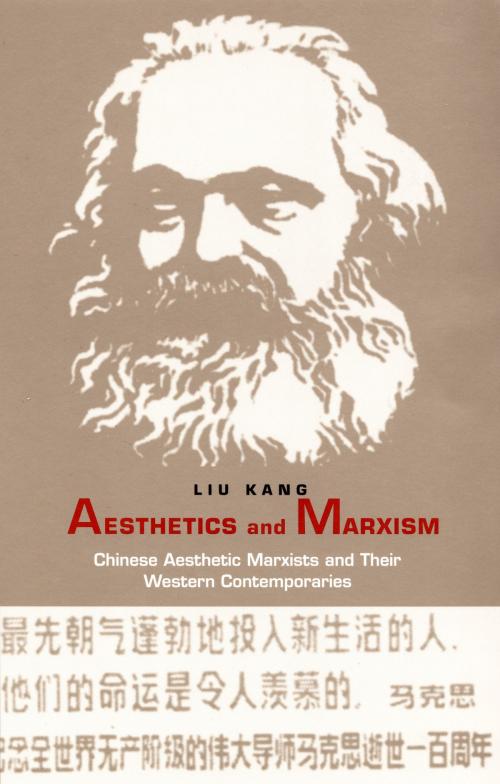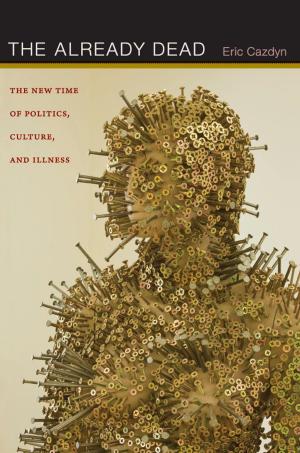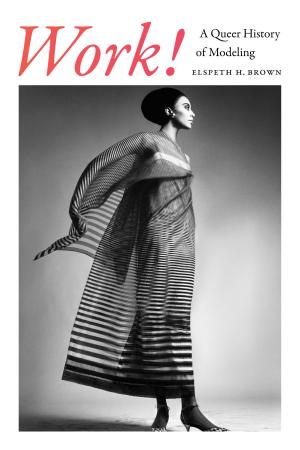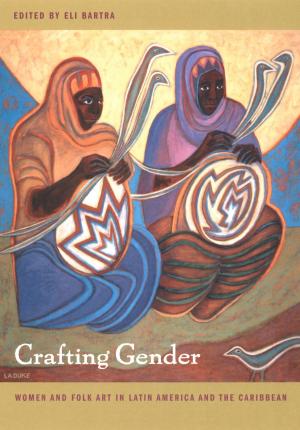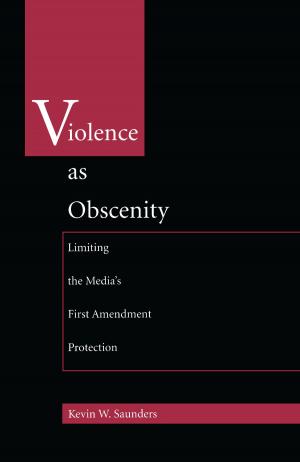Aesthetics and Marxism
Chinese Aesthetic Marxists and Their Western Contemporaries
Nonfiction, Religion & Spirituality, Philosophy, Aesthetics, Social & Cultural Studies, Political Science, Government, Communism & Socialism, Political| Author: | Kang Liu, Stanley Fish, Fredric Jameson | ISBN: | 9780822380535 |
| Publisher: | Duke University Press | Publication: | March 10, 2000 |
| Imprint: | Duke University Press Books | Language: | English |
| Author: | Kang Liu, Stanley Fish, Fredric Jameson |
| ISBN: | 9780822380535 |
| Publisher: | Duke University Press |
| Publication: | March 10, 2000 |
| Imprint: | Duke University Press Books |
| Language: | English |
Although Chinese Marxism—primarily represented by Maoism—is generally seen by Western intellectuals as monolithic, Liu Kang argues that its practices and projects are as diverse as those in Western Marxism, particularly in the area of aesthetics. In this comparative study of European and Chinese Marxist traditions, Liu reveals the extent to which Chinese Marxists incorporate ideas about aesthetics and culture in their theories and practices. In doing so, he constructs a wholly new understanding of Chinese Marxism.
Far from being secondary considerations in Chinese Marxism, aesthetics and culture are in fact principal concerns. In this respect, such Marxists are similar to their Western counterparts, although Europeans have had little understanding of the Chinese experience. Liu traces the genealogy of aesthetic discourse in both modern China and the West since the era of classical German thought, showing where conceptual modifications and divergences have occurred in the two traditions. He examines the work of Mao Zedong, Lu Xun, Li Zehou, Qu Qiubai, and others in China, and from the West he discusses Kant, Schiller, Schopenhauer, and Marxist theorists including Horkheimer, Adorno, Benjamin, and Marcuse. While stressing the diversity of Marxist positions within China as well as in the West, Liu explains how ideas of culture and aesthetics have offered a constructive vision for a postrevolutionary society and have affected a wide field of issues involving the problems of modernity.
Forcefully argued and theoretically sophisticated, this book will appeal to students and scholars of contemporary Marxism, cultural studies, aesthetics, and modern Chinese culture, politics, and ideology.
Although Chinese Marxism—primarily represented by Maoism—is generally seen by Western intellectuals as monolithic, Liu Kang argues that its practices and projects are as diverse as those in Western Marxism, particularly in the area of aesthetics. In this comparative study of European and Chinese Marxist traditions, Liu reveals the extent to which Chinese Marxists incorporate ideas about aesthetics and culture in their theories and practices. In doing so, he constructs a wholly new understanding of Chinese Marxism.
Far from being secondary considerations in Chinese Marxism, aesthetics and culture are in fact principal concerns. In this respect, such Marxists are similar to their Western counterparts, although Europeans have had little understanding of the Chinese experience. Liu traces the genealogy of aesthetic discourse in both modern China and the West since the era of classical German thought, showing where conceptual modifications and divergences have occurred in the two traditions. He examines the work of Mao Zedong, Lu Xun, Li Zehou, Qu Qiubai, and others in China, and from the West he discusses Kant, Schiller, Schopenhauer, and Marxist theorists including Horkheimer, Adorno, Benjamin, and Marcuse. While stressing the diversity of Marxist positions within China as well as in the West, Liu explains how ideas of culture and aesthetics have offered a constructive vision for a postrevolutionary society and have affected a wide field of issues involving the problems of modernity.
Forcefully argued and theoretically sophisticated, this book will appeal to students and scholars of contemporary Marxism, cultural studies, aesthetics, and modern Chinese culture, politics, and ideology.
